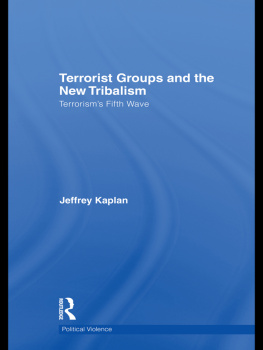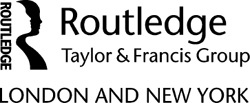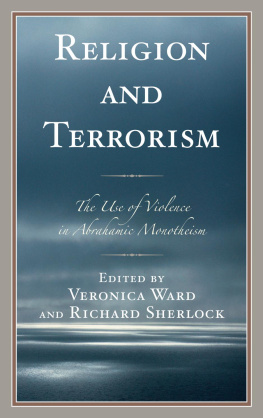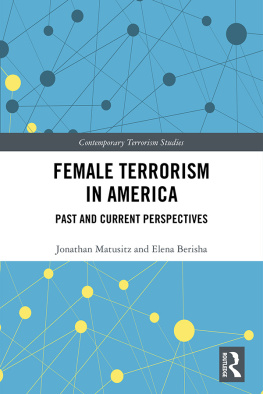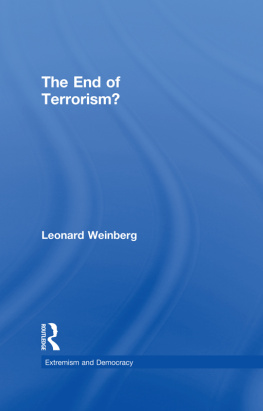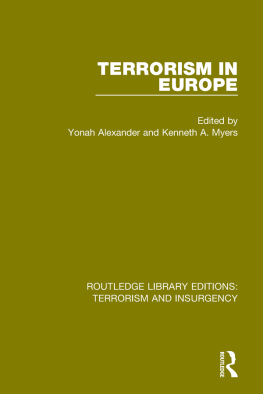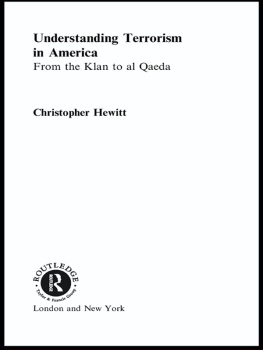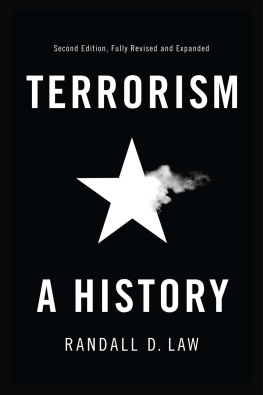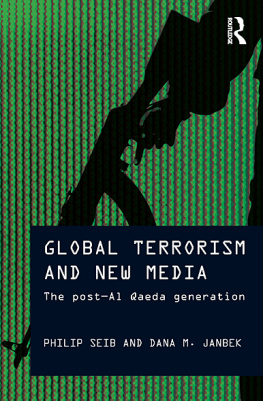
The Historical Origins of Terrorism in America
When we think of American terrorism, it is modern, individual terrorists such as Timothy McVeigh that typically spring to mind. But terrorism has existed in America since the colonial period, when small groups participated in organized and unlawful violence in the hope of creating a state of fear for their own political purposes.
Using case studies of groups such as the Green Mountain Boys, the Mollie Maguires, and the North Carolina Regulators, as well as the more widely known Sons of Liberty and the Ku Klux Klan, Robert Kumamoto introduces readers to the long history of terrorist activity in America. Sure to incite discussion and curiosity in anyone studying terrorism or early America, The Historical Origins of Terrorism in America brings together some of the most radical groups of the American past to show that a technique that we associate with modern atrocity actually has roots much farther back in the countrys national psyche.
Robert Kumamoto is Professor Emeritus of History at San Jose State University.
First published 2014
by Routledge
711 Third Avenue, New York, NY 10017
and by Routledge
2 Park Square, Milton Park, Abingdon, Oxon OX14 4RN
Routledge is an imprint of the Taylor & Francis Group, an informa business
2014 Taylor & Francis
The right of Robert Kumamoto to be identified as author of this work has been asserted by him/her in accordance with sections 77 and 78 of the Copyright, Designs and Patents Act 1988.
All rights reserved. No part of this book may be reprinted or reproduced or utilized in any form or by any electronic, mechanical, or other means, now known or hereafter invented, including photocopying and recording, or in any information storage or retrieval system, without permission in writing from the publishers.
Trademark notice: Product or corporate names may be trademarks or registered trademarks, and are used only for identification and explanation without intent to infringe.
Library of Congress Cataloging-in-Publication Data
Kumamoto, Robert D., 1948
The historical origins of terrorism in America : 16441880 / Robert
Kumamoto.
pages cm
Includes index.
1. TerrorismUnited StatesHistory. 2. RadicalismUnited
StatesHistory. 3. ExtremistsUnited StatesHistory. I. Title.
HV6432.K85 2013
363.32509730903dc23
2013027360
ISBN: 978-0-415-53754-4 (hbk)
ISBN: 978-0-415-53755-1 (pbk)
ISBN: 978-1-3158499-6-6 (ebk)
Typeset in Bembo
by Apex CoVantage, LLC
Dedicated to my loving wife, Vernice, who continues to inspire me, and to the memory of Mom and Dad, the late Kazuko and Mitsuru Kumamoto. We all miss you still.
Contents
As with anyone who undertakes a project of this type, my debts are many. I am especially indebted to Kimberly Guinta and the folks at Routledge for their support and belief in this book. I am also grateful to the History Department and the College of Social Sciences at San Jose State University for providing the time and means to research and write. As most historians know, research can be challenging and tedious work, but I am constantly impressed with the cooperation and professionalism that Ive encountered in various archives, libraries, museums, and private collections across the country. In particular, Id like to express my appreciation to the staffs at the Vermont State Archives, the University of Vermonts Bailey/Howe Library and the Historical Society of Schuylkill County for providing valuable assistance beyond the normal call of duty. I must also acknowledge the many authors whose secondary works are referenced or cited herein. Their significant contributions established the foundation on which this work is built and I can only hope that Ive given them appropriate credit. Lastly, I would like to extend special thanks to my wife, Vernice Shen, and to Colleen Hamilton, who both made significant contributions to the preparation of this manuscript.
At no time in our nations history have Americans heard as much discussion and speculation about the subject of terrorism as they did in the immediate aftermath of the terrorist attacks against the United States on September 11, 2001. Granted, Americans had confronted terrorism on a number of occasions throughout the 20th century, but the attacks on New York City and Washington, DC, created unprecedented death and destruction. The sheer magnitude of the 9/11 attacksthe audacity of the simultaneous skyjackings, the staggering death toll, the demolition of the World Trade Center, and the assault on the Pentagon changed, perhaps forever, the lives of Americans, once thought to be insulated from the provocations of a violent and disordered outside world. A number of significant foreign policy changes would follow in their wake, including President George W. Bushs controversial PATRIOT Act and the Bush Doctrine, all of which contributed to the administrations self-proclaimed War on Terror. In numerous speeches delivered in the aftermath of 9/11, President Bush would justify this military response, proclaiming that freedom itself is under attack, and warning that although the terrorists can kill the innocent, they cannot stop the advance of freedom. The president would further argue that terrorists represented an outside threat, suggesting that there is only one course of action against them: to defeat them abroad before they attack us at home. President Bush, of course, was readying Americans for a long and protracted war that will not end until every terrorist group of global reach has been found, stopped, and defeated. Although these types of apocalyptic comments were meant to generate public support for the administration, create a consensus to rationalize its war on terror, and address the immediate threats to Americas security, they also contributed mightily to public misperceptions about the nature and history of terrorism.
In essence, most Americans were left with the impression that terrorism is the antithesis of freedom, that terrorism is imported into this country from elsewhere, and that an aggressive military campaign is capable of eradicating terrorism. It is the intent of the present study to establish, through an analysis of American resistance groups of the 17th, 18th, and 19th centuries, that terrorism has a long and contentious legacy in America and, contrary to the presidents post-9/11 comments, has at times been closely associated with popular democratic uprisings that were thought to advance the cause of freedom. This neglected legacy of domestic terrorism in America also undermines the notions that terror is necessarily a strategy imported from elsewhere and that terrorism can be eradicated through a strict military response.
While terrorist groups such as the Ku Klux Klan are widely recognized as especially unfortunate chapters in our sometimes-violent past, and Americans are familiar with names such as the Unabomber or Timothy McVeigh, most know very little about the early origins of domestic terrorism, since no comprehensive historical study yet existsa void hopefully filled by this study. Virtually all historical and political studies of terrorism in America begin in the mid-19th century and trace the beginnings of terrorism to the Civil War and Reconstruction periods, without adequately explaining how terrorism evolved as a strategy of collective resistance. It is as if terrorism suddenly emerges spontaneously, with no historical precedents. In their purportedly comprehensive Chronologies of Modern Terrorism, authors Barry Rubin and Judith Colp Rubin suggest that radical abolitionist John Browns attack on Harpers Ferry in 1859 was Americas first terrorist act. Consequently, the primary objective here is to provide a broad historical overview of collective violence in America before the 20th century, beginning with the colonial period, to ascertain how terrorism evolved as a violent form of political resistance. In order to do so, however, several logistical hurdles must be cleared. First, a definition of terms and some historical background are imperative.


